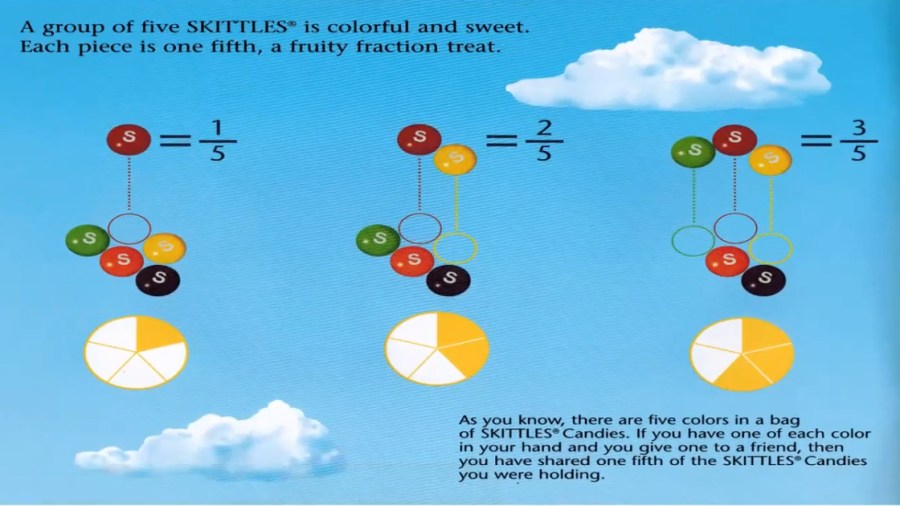What Are Some Fun Math Games for Kids?

Some kids just don’t believe math can be fun, so that means it’s up to you to change their minds! Math is essential, but that doesn’t mean it has to be boring. If you want your kids or your students to look forward to math lessons, then you have to come up with some creative ways to capture their attention and engage their minds.
After all, the best learning often happens when kids don’t even know their learning. If you’re not sure how to turn working with numbers into a fun-filled good time, try out some of these fun math games to get you started.
Simon Says Geometry
Some of the best math games are based on games we already know very well. That works in your favor when the goal is fun, because you won’t have to bore them with rules they may not understand before you get started. In this math-based version of Simon Says, kids can be challenged in many ways to express math concepts. This could involve everything from simply holding up fingers to answer number problems to physically using their bodies and arms to illustrate geometrical terms like acute, obtuse, perpendicular and parallel. No answers are valid unless Simon says, of course.
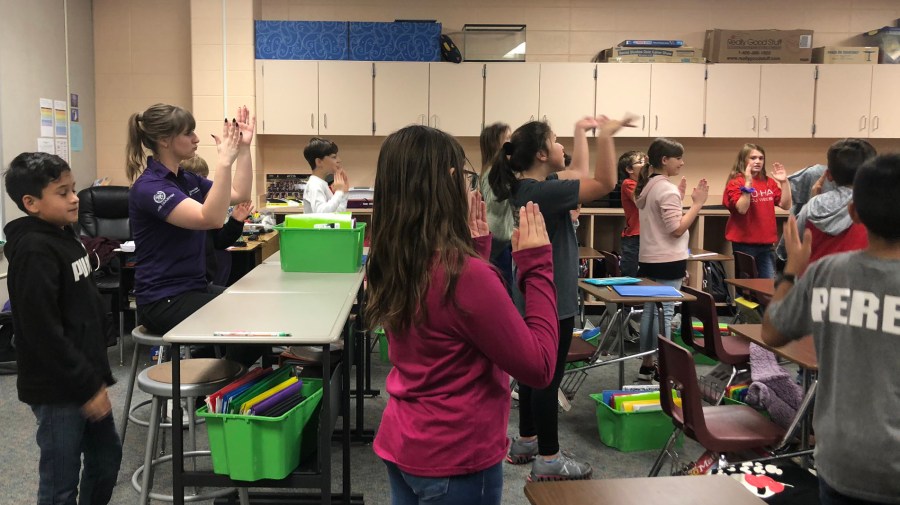
Catch-Ball Countdown
In this game, kids stand in a circle or square and take turns silently solving math problems in their heads. Once they have their math problem, they toss the ball to the kid next to them and start thinking it through. The goal is to shout out the answer before the ball is tossed around the circle or square and makes it back to them. Whoever has the ball when the problem is solved must answer their own problem in the same way.
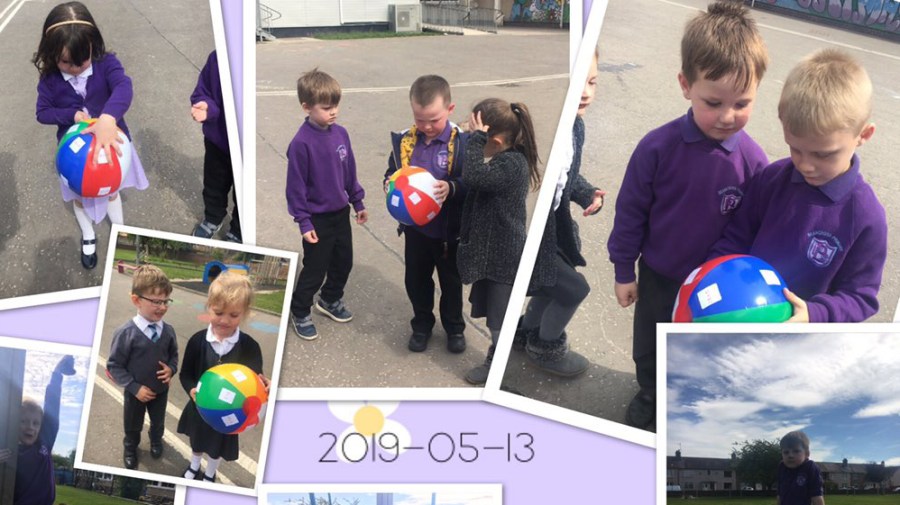
Beach Ball Arithmetic
For this game, you will first need to write numbers on a beach ball with a marker. Throw the ball to the first child and ask them to call out the number closest to their right thumb. When that child throws it to the next child, they call out the number closest to their thumb and add it to the first. The game continues from there with more numbers and addition along the way until everyone has had a turn.
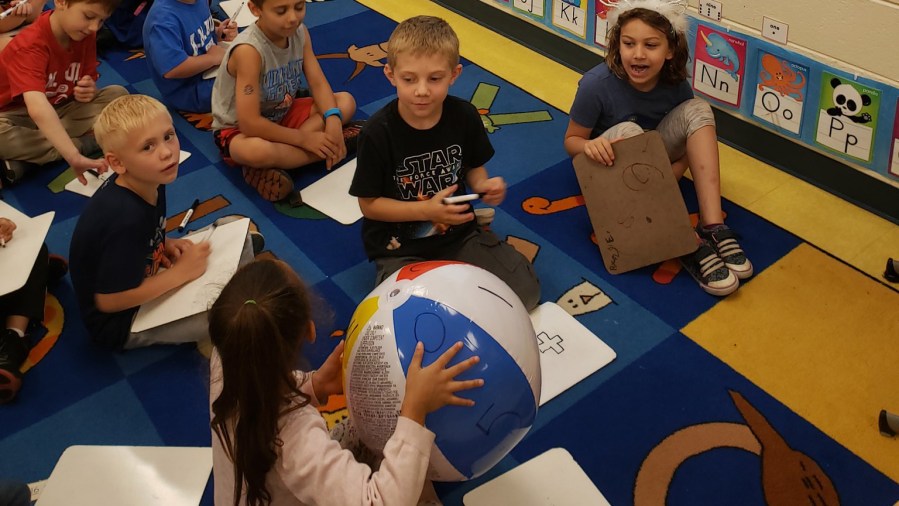
Straw Poll
If you’re ready to introduce your students to statistics, this non-political version of a straw poll is just what you need. First, come up with a list of questions about anything you want and then write some multiple choice answers on three or more plastic cups. Kids answer each question by placing straws in the cups of their choice. Then they graph the results and calculate ratios and percentages using the data in the graph.
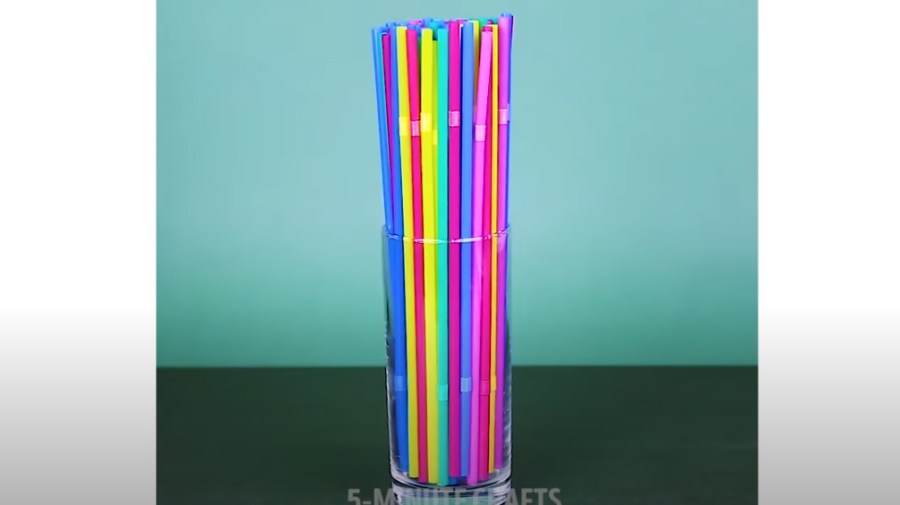
Dress-Up Math
Sometimes, students can have a lot of fun learning how to use the exact type of math they will use every day in the “real” world. In this game, kids dress their favorite dolls by choosing clothes according to their price tags. As a teacher/parent, you start by labeling clothing cut-outs yourself and specifying the target price you want to hit for an outfit. For example, you could set a target price of $76 that is achieved by combining a $54 pair of shoes with a $17 skirt and a $5 shirt.
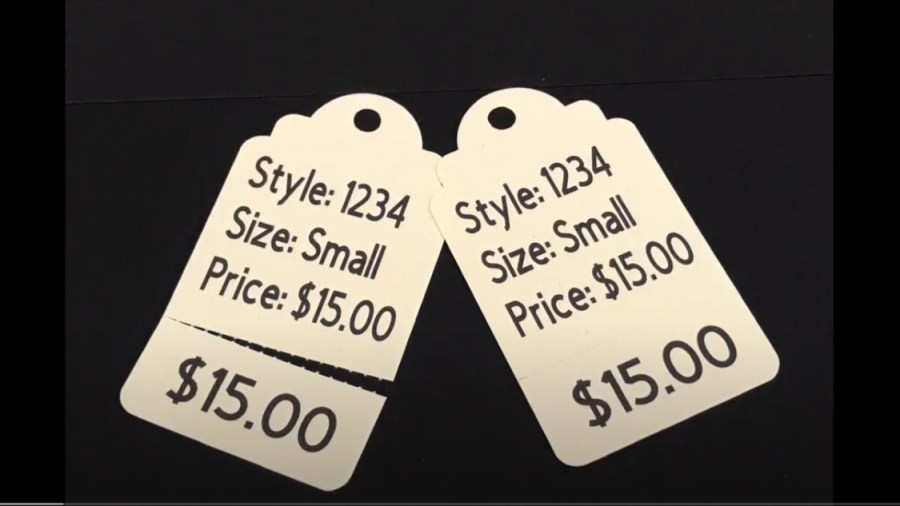
Underwater Counting
Most kids these days have access to tablets or other devices. It’s pretty simple to find math games like Topmarks’ Underwater Counting Math Game online. This game features an underwater scene and challenges young kids to count the visible sea creatures and solve related types of math problems. The goal is to earn a treasure at the end of each round.
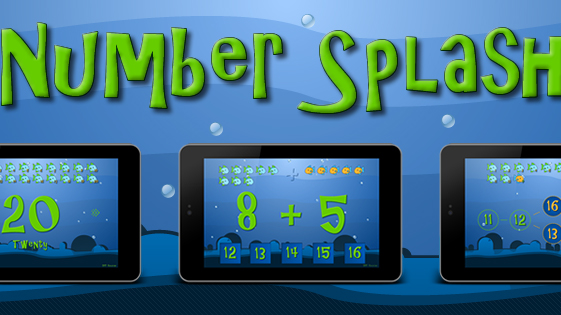
Hopscotch Math
Hopscotch may be an old school game, but young kids still love the opportunity to hop around. This game is a particularly good choice when the kids seem a little wired. It gives them a chance to burn off some energy while still learning, and that is a win for everyone involved. For this version of hopscotch, draw a grid based on a calculator layout, including operation keys for add, subtract and equal. Then have the kids hop from square to square to “enter” and solve the problem.
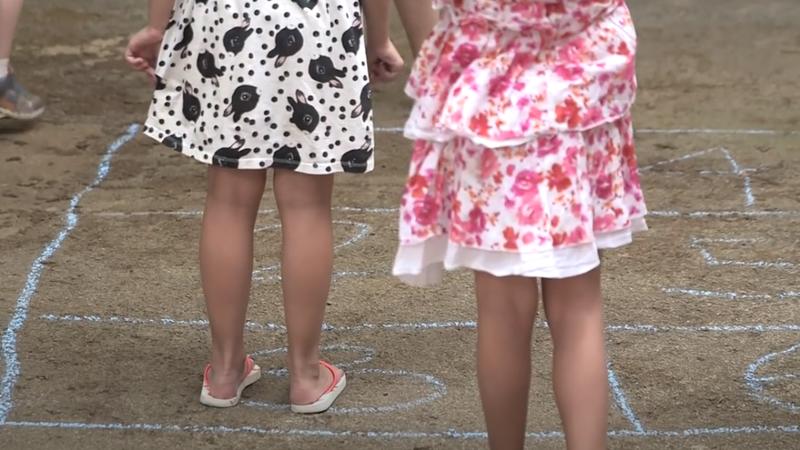
Global Probability
For this game, you’ll need an inflatable globe or a beach ball that looks like Earth. The aim is to confirm or dispute the hypothesis that our planet is 70% ocean. While tossing the ball among themselves, kids record whether their right thumb is touching land or water. Then they work out the percentages of their answers as a class. This game helps them work on math statistics as well!
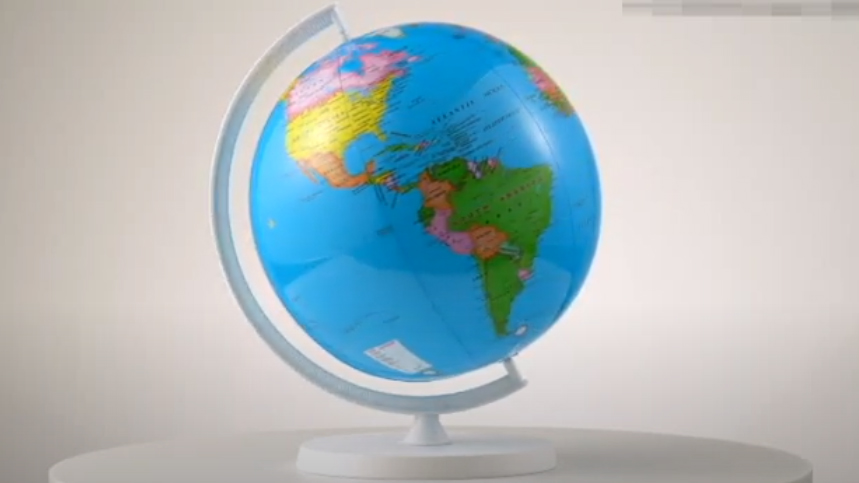
Twister Math
Almost every kid loves the game of Twister. Pull this one out, and you’re sure to enjoy some lessons filled with lots of laughter in addition to learning. You can focus on many different concepts for Math Twister by writing different numbers or drawing shapes on the circles on the mat. Kids solve various types of problems that you call out and then place a hand or foot on the solution. This game is a great way to work on fast facts like multiplication and division.
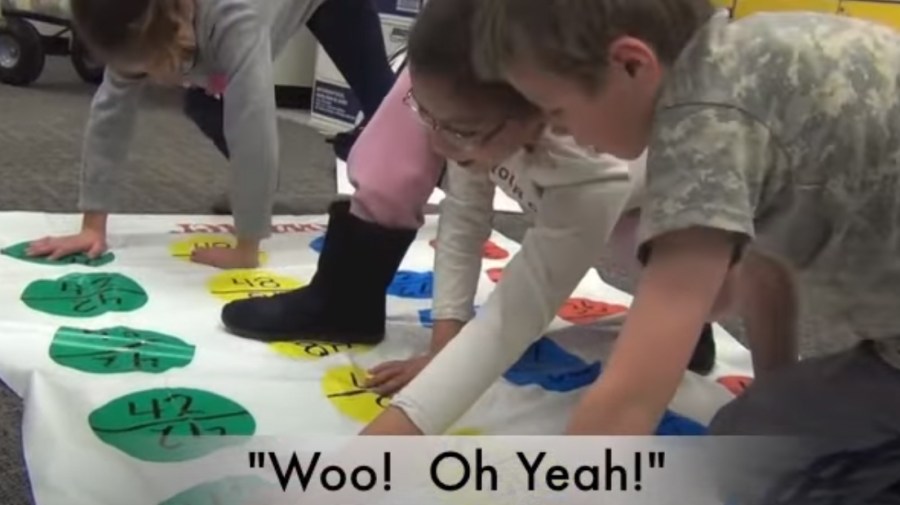
Skittles Math
Skittles Math is another (delicious) statistics game. Give each student a bag of Skittles (or other colored candy) and tell them to graph the contents of their bags by color. The results will vary along with the contents of the different bags. Alternatively, you could work on a single jumbo size bag as a class. They calculate the ratio or percentage of each color in their bag. Bonus: Eating them makes a great follow-up reward for a job well done!
